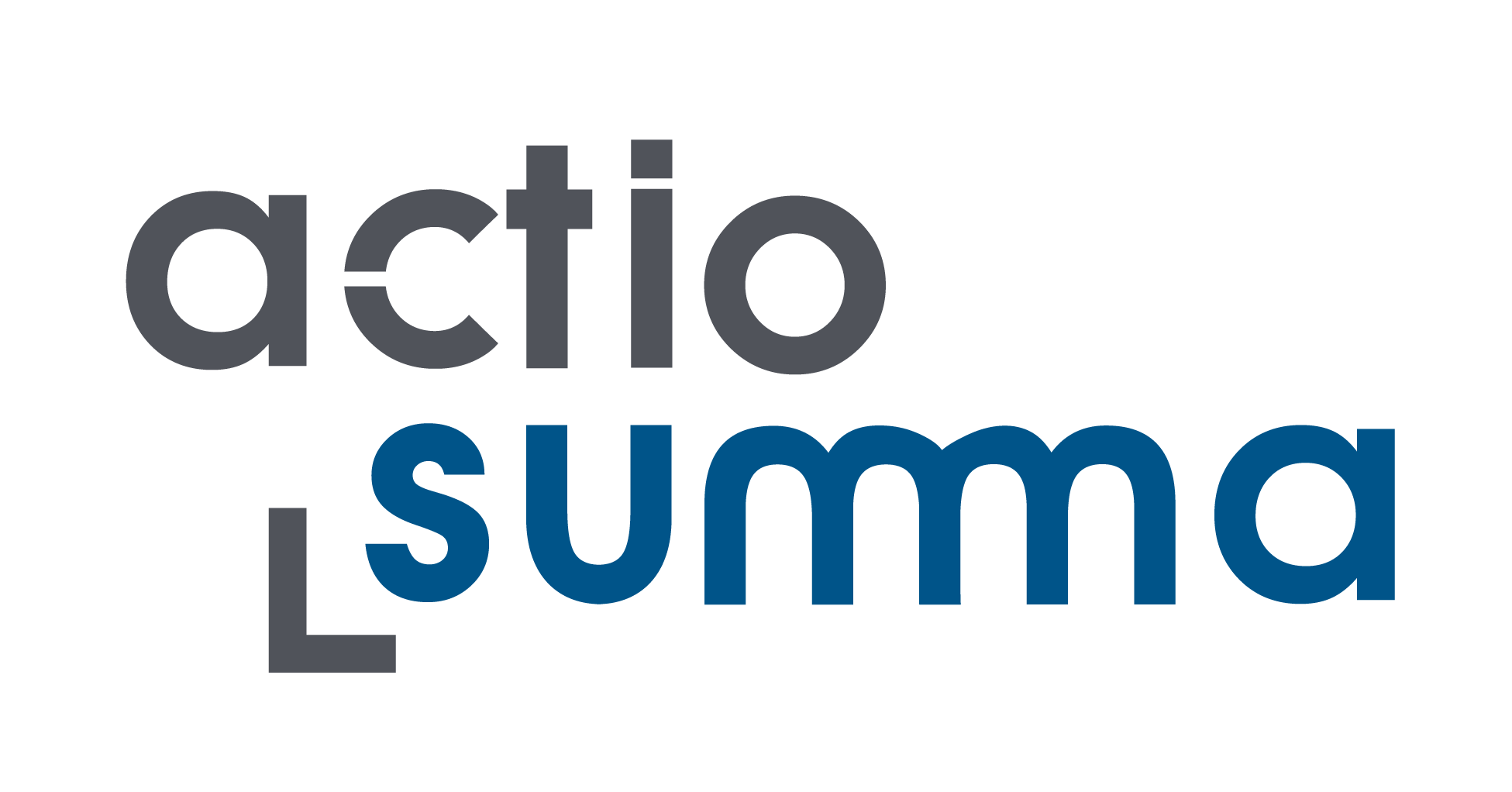1.- To share in the distribution of the company’s profits and in the net assets resulting from liquidation
Regarding participation in dividends, in the case of a limited liability company (sociedades de responsabilidad limitada), unless otherwise provided in the bylaws, the shareholder shall be entitled to receive the dividends agreed in proportion to his share in the company’s capital. In a public limited company (sociedades anónimas), the distribution of dividends to the ordinary shares shall be made in proportion to the paid-up capital.
With respect to the winding-up share, unless otherwise provided for in the bylaws, the winding-up share of each shareholder shall be in proportion to his stake in the company’s share capital. In public limited companies and partnerships limited by shares, if all the shares have not been paid up in the same proportion, the shareholders who have paid up the largest amounts shall first be repaid the excess over the contribution of the shareholder who has paid up the least, and the remainder shall be distributed among the shareholders in proportion to the nominal amount of their shares.
2.- Preferential subscription/assumption in the creation of new stocks/shares or convertible bonds into shares
In the case of increases in share capital with the issue of new shares or new ordinary or preference stock against cash contributions, each shareholder shall have the right to assume a number of shares or to subscribe to a number of stock proportional to the nominal value of the shares/stock he/she holds.
3.-Request for call the general meeting
Provided that the ordinary general meeting is not called within the corresponding terms established by law (ie. within the first six months of each financial year), any shareholder may request for call the general meeting to the court clerk or the commercial registrar of the company’s registered office, after hearing the administrators.
Likewise, shareholders representing at least five per cent of the share capital may request the calling of an extraordinary general meeting, stating the matters to be discussed, and the administrators shall be obliged to call the meeting to be held within two months of the date on which the directors were requested to do so by notary, and the matters requested by such shareholders must necessarily be included on the agenda.
Supplement to call the general meeting (solely for public limited companies –“sociedades anónimas”–)
Solely in the case of public limited companies (sociedades anónimas) and provided that the shareholder, by itself or jointly with other shareholders, represents, at least five percent of the capital, may request the publication of a supplement to the call of a general meeting of shareholders adding one or more points to the agenda.
Such right must be exercised by issuing certifiable notice to be received at the registered office within five days following publication of the call.
The supplement to the call must be published at least fifteen days before the scheduled meeting date. Otherwise, will be grounds for annulment of the meeting.
5.- Obtaining the documents subject to approval
Any shareholder may obtain, as from call of the general meeting, immediately and free of charge, certain documents to be submitted to the approval thereof (ie. annual accounts, the management report, the auditor’s report, the full text of the proposed amendment to the bylaws and, in the case of public limited companies, the report on the proposed amendment).
6.- Examination of accounting documentation (solely for private limited companies –“sociedades de responsabilidad limitada”–)
From the call of the general meeting, unless otherwise provided in the bylaws, the shareholder or shareholders of a private limited company representing at least five percent of its capital may, at the registered office, themselves or together with an accounting expert, examine the documents serving as support and background for the annual accounts.
The exercise of this right does not prevent or limit the right of the minority to appoint a statutory auditor at the expense of the company (see section 7 below).
7.- Petition for appointment of statutory auditor
In the case of companies required to submit their annual accounts to audit by an auditor, when the general meeting should but does not appoint the auditor before the end of the financial year to be audited, or the person appointed does not accept or is unable to act, any shareholder may request the commercial registrar for the location of the company’s registered office to appoint a person or persons to perform the audit.
In the case of companies not required to submit their annual accounts to audit by an auditor, shareholders representing at least five percent of the company’s capital may request the commercial registrar for the location of the company’s registered office to appoint an auditor to audit the annual accounts of a particular financial year, at the cost of the company, provided that three months have not elapsed since the closing date of that financial year.
8.- Attendance at the general meeting
If the company is a private limited company (sociedad de responsabilidad limitada), all shareholders are entitled to attend the general meeting. The bylaws may not require ownership of a minimum number of quotas in order to attend the general meeting.
If the company is a public limited company (sociedad anónima), the bylaws may require, in respect of all shares, whatever their class or series, the holding of a minimum number in order to attend general meetings, but in no case may the number required be greater than one thousandth of the company’s capital. Furthermore, the bylaws may make the right to attend general meetings conditional upon prior evidencing by the shareholder of its status as such, but under no circumstances may they prevent the exercise of that right by the holders of registered shares and shares represented by book entries the shares of which are entered in the respective registers five days prior to the date on which the meeting is to be held, or by holders of bearer shares that, the same five days in advance, have deposited their shares or, when applicable, the certificate evidencing their deposit with an authorised institution, in the manner contemplated in the bylaws. If the bylaws do not contain a provision in this respect, deposit may be made at the company’s registered office.
9.- Right to vote
In the case of a limited liability company (sociedad de responsabilidad limitada), unless the bylaws provide otherwise, each share entitles its holder to cast one vote.
In public limited liability companies (sociedad anónima), the creation of stocks which directly or indirectly alter the proportionality between the nominal value of the share and the voting rights shall not be valid. Likewise, the bylaws may fix in general terms the maximum number of votes which may be cast by a single shareholder, by companies belonging to the same group or by those acting in concert with the foregoing. In the case of listed companies, such limitations shall cease to apply when, following a takeover bid, the bidder has attained a percentage equal to or greater than 70 per cent of the capital carrying voting rights, unless the bidder is not subject to equivalent neutralisation measures or has not adopted them.
10.- Information
In private limited companies (sociedad de responsabilidad limitada), the shareholders may request in writing, before the general meeting is held, or orally during the meeting, such information or clarifications as they deem necessary in relation to the items included on the agenda. The administration body will be required to provide it to them, orally or in writing in accordance with the time and nature of the information requested, except in those cases in which, in the judgment of the body, disclosure thereof would be harmful to the interest of the company. The information cannot be refused if the request is supported by members representing at least twenty-five percent of capital.
In public limited companies (sociedades anónimas), the shareholders may request from the administrators, regarding the matters on the agenda, such information or clarifications as they deem necessary, or formulate in writing the questions they deem fit, until the seventh day before the scheduled meeting date. The administrators will be required to provide the information in writing until the day the general meeting is held. During the holding of the general meeting, the shareholders of the company may orally request such information or clarifications as they deem fit regarding the items included on the agenda. If the shareholder’s right cannot be satisfied at that time, the administrators will be required to provide that information in writing within seven days after the conclusion of the general meeting. The administrators will he required to provide the information requested under the preceding two subsections, unless the information is not necessary for protection of the rights of the member, or there are objective reasons to believe that it could be used other than for corporate purposes, or disclosure thereof would be damaging to the company or related companies. Information cannot be refused if the request is supported by shareholders representing at least twenty-five percent of capital. Bylaws may specify a lower percentage, provided that it is more than five percent of capital. A violation of the right to information requested during the holding of the general meeting will only entitle the shareholder to demand compliance with the information obligation and such damages as may have been caused to it, but will not be grounds for challenge of the general meeting. In the event of abusive or prejudicial use of the information requested, the member will be liable for the damages caused.
11.- Request for assistance from notary the shareholders
When five days prior to the date on which the meeting is to be held, the shareholders representing at least one percent of the capital of the public limited company or five percent of the private limited company require it, the administrators are obliged to require the presence of a notary in order for the latter to write up the minutes of the meeting. In this case, the resolutions will be effective if they appear in the minutes written by the notary. The fees of the notary will be paid by the company.
12.- Challenging resolutions agreed by the general meeting
In general terms, those that became shareholders prior to adoption of the resolution are standing to challenge resolutions, provided that, individually or collectively, they represent at least one percent of capital. The bylaws may reduce the indicated percentages of capital and, in any event, the shareholders not achieving that percentage will be entitled to compensation for the damage caused to them by the challengeable resolution.
Notwithstanding the above, resolutions contrary to public order may be challenged by any shareholder, even if becoming a shareholder after the resolution.
13.- Filing of the company action for liability of administrators
Any shareholder may ask for the general meeting to file the company action for liability of administrators, even when it is not included on the agenda.
Notwithstanding the above, the shareholder or shareholders that individually or collectively represent at least five percent of capital, may bring the action for liability in defence of the corporate interest (i) when the administrators do not call a general meeting requested for that purpose, (ii) when the company does not bring it within a term of one month, counted from the date of adoption of the corresponding resolution, or (iii) when it is against demanding liability.
Also, the shareholder or shareholders that individually or collectively represent at least five percent of capital, may directly exercise the corporate action for liability when it is based on breach of the duty of loyalty, without need of submitting the decision to the general meeting.
Finally, the shareholder or shareholders that individually or collectively represent at least five percent of capital may object that the general meeting settle or waive the bringing of the action once agreed by the same.
14.- Standing to bring an action for liability arising from non-cash contributions in limited liability companies (sociedades de responsabilidad limitada)
In limited liability companies (sociedades de responsabilidad limitada), any shareholder who voted against the resolution, provided that they represent at least five percent of the share capital, shall be entitled to bring an action for liability arising from the non-cash contributions against the founders, the persons who were shareholders at the time the capital increase was agreed and those who acquire a paid-up share through non-cash contributions.
15.- Shareholder’s right to request the dissolution of an irregular company
Should the company become irregular, any shareholder may request the dissolution of the company before the commercial court of the place where the company has its registered office and, after liquidation of the company’s assets, claim the corresponding quota, which shall be satisfied, where possible, by the restitution of his or her contributions.












